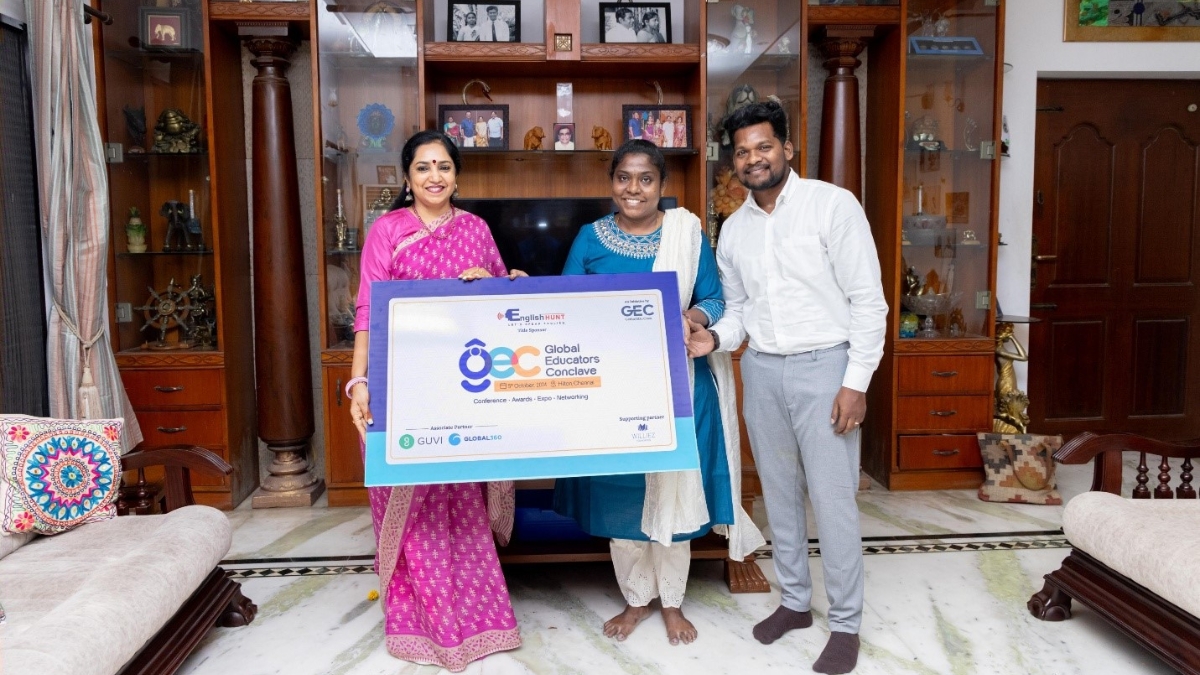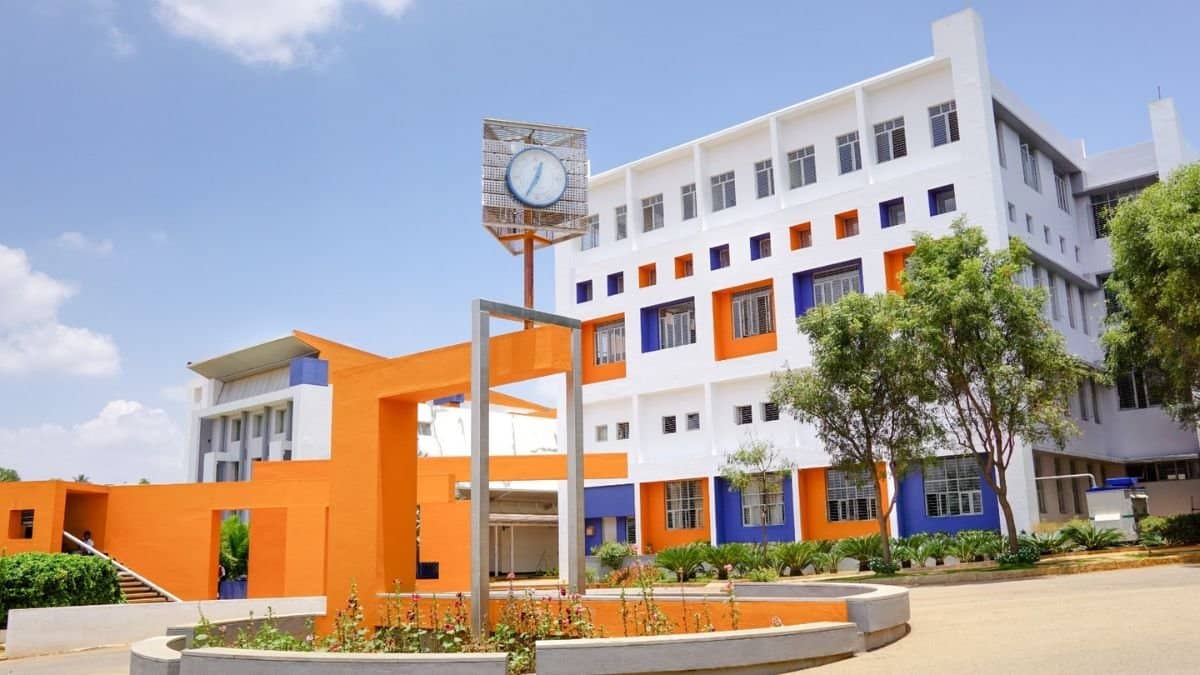New Delhi (India), October 23: The convergence of education and the metaverse is poised to reshape the future of learning, with India emerging as a pivotal player in this transformative journey. As per InsightAce Analytics, Global Metaverse in Education Market Size, Share & Trends Analysis Report, the metaverse education sector is projected to grow at an astonishing annual rate of 38.42 per cent, catapulting its value to a staggering $102 billion by 2031.
While the internet has already revolutionised education by providing access to vast resources, the metaverse takes it a step further. It offers a sense of presence and shared space for educators and students to engage, interact, and collaborate in a three-dimensional digital environment. The metaverse transcends geographical boundaries, making high-quality education accessible to anyone with an internet connection.
The Metaverse-Education Synergy
As traditional educational institutions adapt to the digital age, the metaverse offers an immersive and interactive environment for educators and learners alike. This transformative technology is not just a buzzword but a reality, with its growth driven by factors such as internet adoption, 5G connectivity, virtual reality (VR), augmented reality (AR), etc. Vineet Gupta Ashoka University Founder, acknowledging the potential of the metaverse in education, says, “The metaverse technology is a game-changer that can combat the education crisis in India and around the world. It bridges the gap between traditional and digital learning.”
A Global Metaverse Education Ecosystem
InsightAce’s report predicts that the North American and Asia-Pacific regions will witness the most rapid integration of education and the metaverse. With its burgeoning population and advancements across various industries, India stands out as a critical player in this global phenomenon. The country is uniquely positioned to contribute to the growing demand for high-quality digital manpower, especially in the fields of STEM (Science, Technology, Engineering, and Mathematics).
Unlocking Linguistic Diversity
One of the challenges facing the metaverse’s adoption in India is linguistic diversity. Meta’s “No Language Left Behind” (NLLB) initiative, which offers verified, high-quality translations in over 200 languages, including 25 Indian languages, is a welcome step that addresses the language challenge. Prof. S. Umesh of the eXperiential Technology Innovation Center (XTIC) of IIT Madras Speech Lab is developing Cascade Models for numerous Indian languages using Meta’s NLLB model. This initiative aims to enable seamless communication in one’s mother tongue, breaking language barriers and democratising education.
Vineet Gupta of Ashoka University highlights, “With language no longer a barrier, the metaverse has the power to democratise education in India, making quality learning accessible to all.”
Transforming the Educational Landscape
India’s commitment to the metaverse education revolution is evident in institutions like Ashoka University, where a course on the metaverse and Web3 is offered. Taught by Jaspreet Bindra, the Managing Director and Founder of Tech Whisperer Limited UK, this course covers many topics, including blockchain, cryptocurrency, NFTs, AI, AR/VR, the future of work, and the creator economy. Students have the unique opportunity to interact with entrepreneurs operating in the metaverse space. According to Jaspreet Bindra, “There is no option when it comes to adapting to emerging technologies – it’s imperative.”
The Central Board of Secondary Education (CBSE), a prominent national-level education board, has partnered with the social networking behemoth Meta to investigate the metaverse’s application in education and training. Dr. Biswajit Saha, the Director of Training and Skill Education at CBSE, asserts that the metaverse offers a multitude of prospects, ranging from making STEM education universally accessible in India and preparing students for future job roles to enhancing immersive and project-oriented learning methods. St. Thomas School in Jagadhri has taken steps by providing innovative Metaverse immersive learning programmes in their curricula that challenge the conventional education model.
On the other side of the globe, higher educational institutions like The Hong Kong University of Science and Technology (HKUST) introduced MetaHKUST as a pioneering initiative that delves into the vast potential of the metaverse in education. MetaHKUST’s primary goal is to revolutionise education by harnessing the power of augmented reality (AR), virtual reality (VR), social networking technologies, and phygical space. As per reports, the University of Tokyo, also known as Todai, is set to introduce multiple study programs in the Metaverse in 2023. New Mexico State University has partnered with EON Reality, a virtual and augmented reality-based education leader, to offer higher education within the Metaverse. The Korea Advanced Institute of Science and Technology actively engages in Metaverse research, with two researchers contributing to Metaverse-related papers and Web 3 discussions.
These examples illustrate how the Metaverse differs significantly from the standard internet experience as it goes far beyond reading text and viewing static images or videos. The Metaverse offers a transformative educational experience by leveraging AR, VR, and social networking technologies to create immersive, three-dimensional, interactive, and collaborative learning environments. This contrasts the standard internet experience, which primarily relies on two-dimensional information presentation and separate social networking platforms. The phygital approach emphasises a fusion of physical and digital elements. It blurs the boundaries between the physical and virtual worlds, creating a unique learning environment and prioritising active learning and engagement by combining physical and digital interactions that are not replicated in the standard internet experience.
India’s Metaverse Momentum
India’s position as a metaverse education leader is further fortified by its vibrant IT sector, burgeoning startup culture, and the government’s vision of a $5 trillion digitally-driven economy. These factors and a youthful and tech-savvy population and a youthful and tech-savvy population have the potential to make India a metaverse powerhouse.
“India’s IT prowess and digital ambitions align perfectly with the metaverse’s potential. We are poised to shape the future of education and beyond. As the world races towards the metaverse-driven future, India is not just a participant but a frontrunner in this transformative journey,” says Vineet Gupta of Ashoka University.
If you have any objection to this press release content, kindly contact pr.error.rectification[at]gmail.com to notify us. We will respond and rectify the situation in the next 24 hours.



